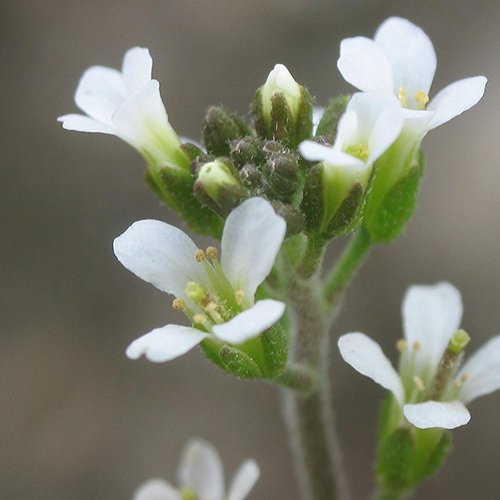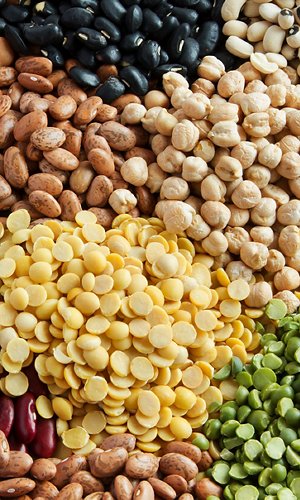One of the biggest challenges facing agriculture today is finding a sustainable alternative to the use of fertilisers and pesticides, substances that have a huge impact on the environment. Given the increase in the number of products banned or considered hazardous to human and animal health, there is an increasingly urgent need to find substitutes that are both safe and effective. One of the alternative ways is to stimulate the immune response of plants to pathogen attacks, for example by using silica nanoparticles. Researchers from the Adolphe Merkle Institute and the Department of Biology at the University of Freiburg have synthesised nanoparticles capable of releasing silicic acid, a substance naturally present in soil able to trigger an immune response in plants. They tested these compounds on Arabidopsis thaliana (also known as thale cress) plants infested with the bacterial pest Pseudomonas syringae.





